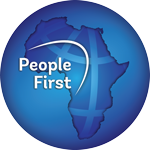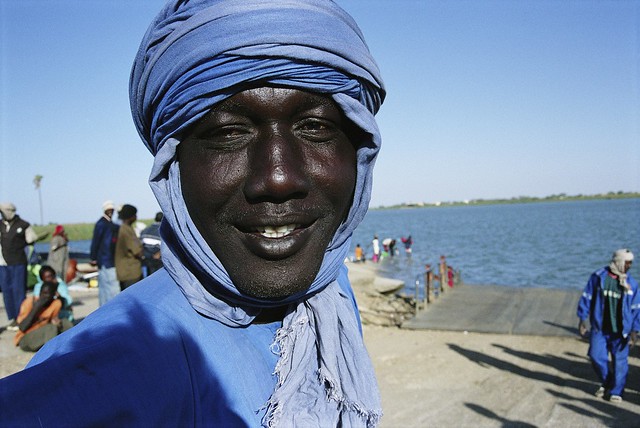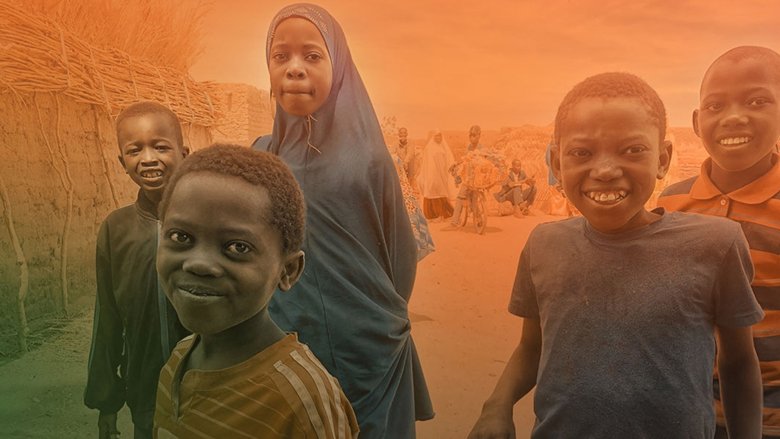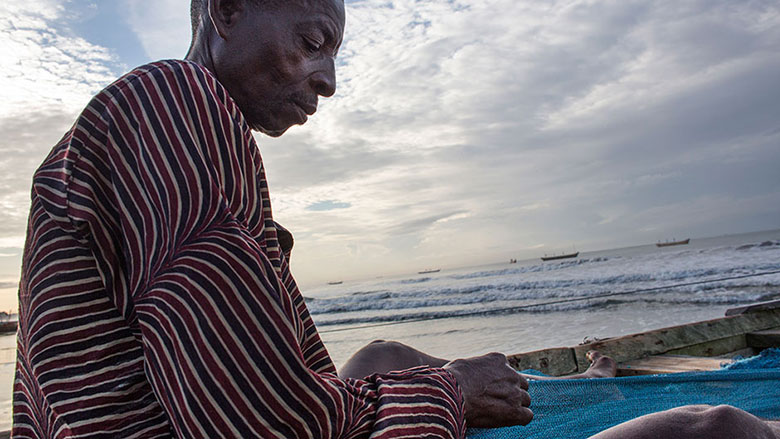COUNTRY OVERVIEW
Located Located in the heart of the Sahel, Niger has a poorly diversified economy, dependent on agriculture for 40% of its GDP. The extreme poverty rate is expected to reach 52.0% in 2023 due to negative per capita growth and rising inflation, which, compared to 2022, will increase the extremely poor population by nearly 1.1 million bringing the total to 14.1 million people in 2023.
In 2023, UNOCHA reported 4.3 million people, or 17% of the population, requiring humanitarian assistance in Niger, compared to 3.7 million in 2022. By January 2024, according to UNHCR, Niger hosted almost 690,000 refugees, asylum-seekers and internally displaced people (IDPs), a majority of which are hosted in Tillaberi, Tahoua, and Diffa regions.
Political background
Mohamed Bazoum was elected president in the December 2020 and February 2021 elections. He was the first to democratically succeed his predecessor. But on July 26, 2023, members of his presidential guard dismissed him, justifying their decision by saying they wanted to avoid further economic and security problems.
Following this move, at an emergency summit held in Nigeria on July 30, 2023, the Economic Community of West African States (ECOWAS) strongly condemned the coup and imposed severe sanctions against the country. These included the closure of land and air borders with Niger, as well as financial sanctions such as the freezing of service transactions, including utilities and electricity, and the freezing of Nigerien assets at the regional central bank (BCEAO). These sanctions had a profoundly negative impact on the population, notably by increasing the cost of living and causing a lack of electricity due to Nigeria stopping its electricity service to Niger. The sanctions were lifted by ECOWAS on February 24, 2024, following the announcement by Niger and other countries of the Alliance of Sahel States (AES), including Burkina Faso and Mali, of their withdrawal from ECOWAS.
Economic situation
Growth in 2023 is expected to be only 1.2% due to the combined effects of political, security, and climate crises. ECOWAS trade sanctions and border closures have reduced exports, including delaying crude oil exports through the new pipeline, which has now been completed and commissioned. Inadequate rainfall, crop pests, localized flooding, declining soil fertility, and insecurity in some key production areas have reduced agricultural production, despite a strong output from irrigated agriculture. The sanctions have also led to losses in the private sector, a liquidity crisis, and a deterioration of portfolios in the banking sector.
After declining consecutively between January and July 2023, inflation has risen continuously since August 2023 due to low agricultural production and border closures. To counter inflation across WAEMU countries, the Central Bank of West African States (BCEAO) raised policy interest rates by a cumulative 150 basis points since mid-2022 to 3.5% for liquidity calls and 5.5% for the marginal lending facility. However, inflation in the region (3.7% in 2023) was still above the 3% target and foreign exchange reserves have been on a downward trend, estimated at 3.5 months of imports at end-2023, down from 4.3 months at end-2022.
The rise in food prices is expected to increase the poverty rate and has led to a worrying level of food security, with 2.3 million people estimated to be severely food insecure during November-December 2023, according to The Cadre Harmonisé analysis.
In response to the sanctions and the disruption in external financing, the authorities revised the 2023 budget by cutting capital expenditures. The budget deficit for 2023 is expected to be 3.9% of GDP and public debt is expected to reach 58.2% of GDP. The government has accumulated domestic arrears, as well as arrears with regional and international development institutions.
Outlook
With sanctions lifted at the end of February, growth is projected to rebound to 6.9% in 2024 under the following assumptions: (i) Niger - along with Burkina Faso and Mali- orderly exit ECOWAS in 2025 and remain part of WAEMU; (ii) large-scale oil production and exports is effective; (iii) international development financing resumes in H1-2024; (iv) agricultural campaign is not subject to climate shocks; and (v) there is no further deterioration of the security situation. However, GDP levels would be significantly lower in 2024 and 2025 compared to their pre-coup projected paths. Inflation is expected to moderate to 3.5% in 2024 following the lifting of the sanctions and moderating food prices following the resumption of large-scale imports.
The extreme poverty rate is projected to decrease by 2 percentage points to 50.0% by 2026 given solid growth in service and agriculture sectors and policies that uses increased oil revenues for the population. However, due to demographic growth, the number of extreme poor would increase by 1.9 million people avec the period 2023-2026.
Revenue in 2024, including grants, is projected to be around 11.0% of GDP, lower than projected in the approved budget, which would likely lead to capital expenditure rationing. With limited access to financing, the budget deficit is projected to be 2.6% of GDP, including an accumulation of domestic arrears.
Last Updated: Mar 19, 2024










